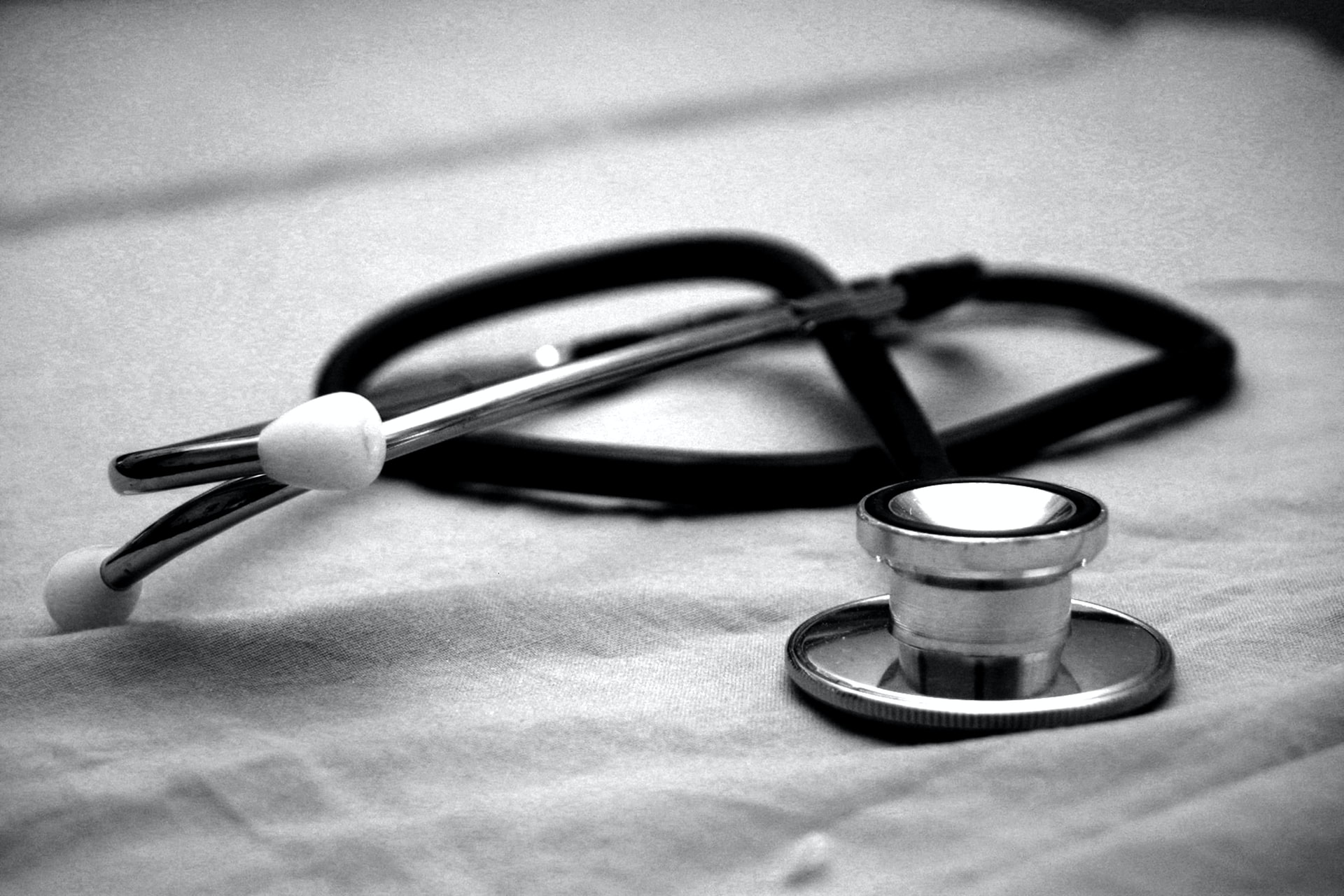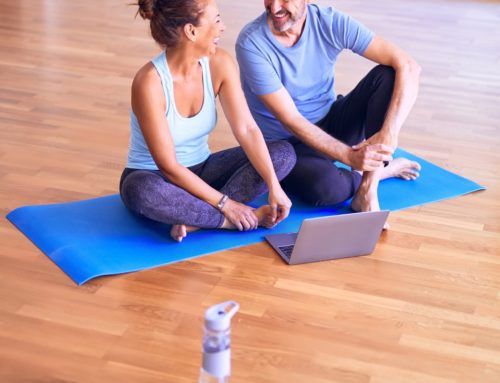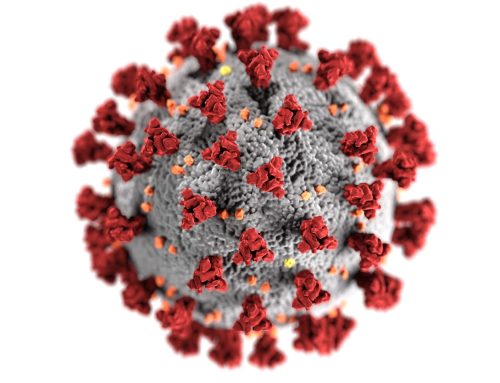A colonoscopy is, according to JCMC Gastroenterologist Andrei Leong, one of the most successful screening tests in medicine. According to iData Research, there are around 19-20 million colonoscopies performed annually in the US. The screening’s primary purpose for most patients is the detection and removal of polyps in the large intestine (or colon), which can grow and become cancerous.
Despite what you might think, preparing for and having a colonoscopy may be annoying and uncomfortable, but it is not painful. Insofar as safety is concerned, your chances of getting colon or rectal cancer far outweigh the chance of complications from a colonoscopy. (According to Healthline, the average risk of getting colorectal cancer over a lifetime is 1 in 23 for women and 1 in 25 for men, and colorectal cancer is the second leading cause of cancer deaths in the US.) Dr. Leong explained the procedure: “A thin tube that contains a camera lens and a light source is inserted into the anus, and then into the colon, which allows the physician to see the inside of the colon and identify and remove polyps or other suspicious tissue.”
The common misconception is that the screening itself is uncomfortable, but the test is done under anesthesia, supervised by an Anesthesiologist. The actual test typically only takes 15-20 minutes and is done in the hospital. Patients should plan for the whole door-to-door process to take around two hours, and because the procedure is done under anesthesia, someone else must drive you home. There are usually no aftereffects, and patients can resume normal functions quickly.
The reason inconvenience for many patients is actually the required preparation. “In order to be effective, the inside of the colon must be as clean as possible,” Dr. Leong said. This requires a series of laxatives to clean the intestine in the time before the procedure. You will also be required to drink at least 64 ounces of recommended liquids and restrict your diet to aid in the cleansing process.
But any inconvenience is far offset by the benefits of the test. Depending on a patient’s age and prior medical and family history, colonoscopies should be done every five or ten years after age 45. Still have questions? Dr. Leong, or one of our other JCMC providers, is happy to answer any questions and address any concerns you may have about colonoscopies.







